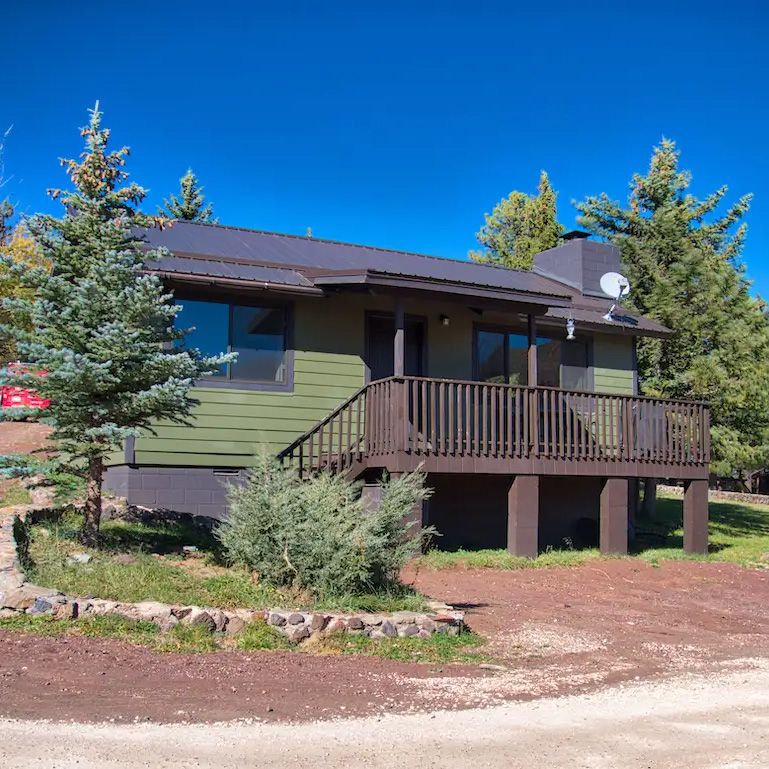My Online Life
I am a fan of the creativity being employed across the internet in recent years. Web 2.0 has taken over and a long list of free resources have popped on the scene – some useful to connect with friends online (aim, facebook, myspace, twitter linkedin) others useful for storing online media (flickr, youtube), and others simply to give those interested a glimpse into who you are (dopplr, shelfari, Last.fm, technorati, del.ic.ious). Sure these tools can suck up your time and distract you from the work that the "man" needs from you, but if used well, can open up dimensions of relationships and connectivity with those in new circles.
In an attempt to keep links to these tools I subscribe to in one place, I've added a new "my life online" section to the blog. If you've got some free time – check them out. If you have accounts on any of the sites, connect with me. If you don't, but like what you see – set up an account for yourself and connect with me.
Here's a quick rundown of each icon and what service/site it links to:
![]() (AIM/iChat) instant messaging. I am online often – so look me up.
(AIM/iChat) instant messaging. I am online often – so look me up.
![]() (Twitter) micro-blogging tool that allows you to send short updates of what you're doing
(Twitter) micro-blogging tool that allows you to send short updates of what you're doing ![]() (Facebook) social-networking site that has quickly become the "it" way to connect online
(Facebook) social-networking site that has quickly become the "it" way to connect online
![]() (MySpace) social networking site that used to be the "it" way to connect online
(MySpace) social networking site that used to be the "it" way to connect online
![]() (Last.fm) tracks the music you listen to and creates an personal online radio station for you
(Last.fm) tracks the music you listen to and creates an personal online radio station for you
![]() (YouTube) allows you to store and share videos online
(YouTube) allows you to store and share videos online
![]() (Del.ic.ious) a place to store and share all your bookmarks
(Del.ic.ious) a place to store and share all your bookmarks
![]() (Flickr) a place to store and share photos
(Flickr) a place to store and share photos
![]() (Linkedin) a social networking site focused on business connections
(Linkedin) a social networking site focused on business connections
![]() (Skype) a free way to make phone calls to friends around the world
(Skype) a free way to make phone calls to friends around the world
![]() (Technorati) a search engine for blogs and blog posts
(Technorati) a search engine for blogs and blog posts
![]() (Dopplr) a list of past and future trips I've taken
(Dopplr) a list of past and future trips I've taken
![]() (Shelfari) an online bookshelf that keeps track of what I've read, am reading, and plan on reading
(Shelfari) an online bookshelf that keeps track of what I've read, am reading, and plan on reading
See you online.
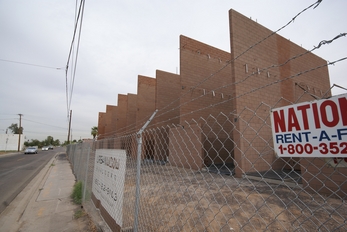 Having exited the suburbs into the urban core of Phoenix recently, I am discovering that being closer to recognizable need and exposed issues of city life is a really good thing.
Having exited the suburbs into the urban core of Phoenix recently, I am discovering that being closer to recognizable need and exposed issues of city life is a really good thing.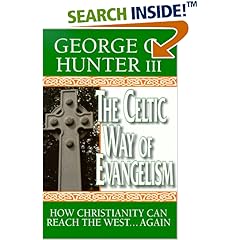


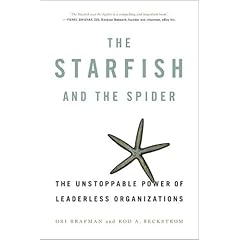

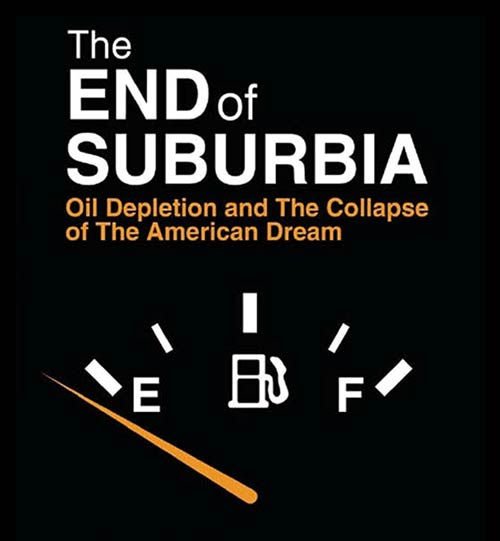
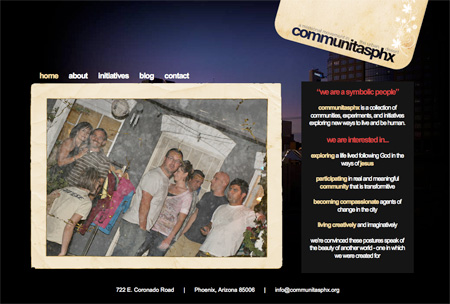












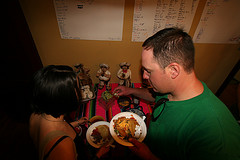 While you can anticipate a full update the
While you can anticipate a full update the 